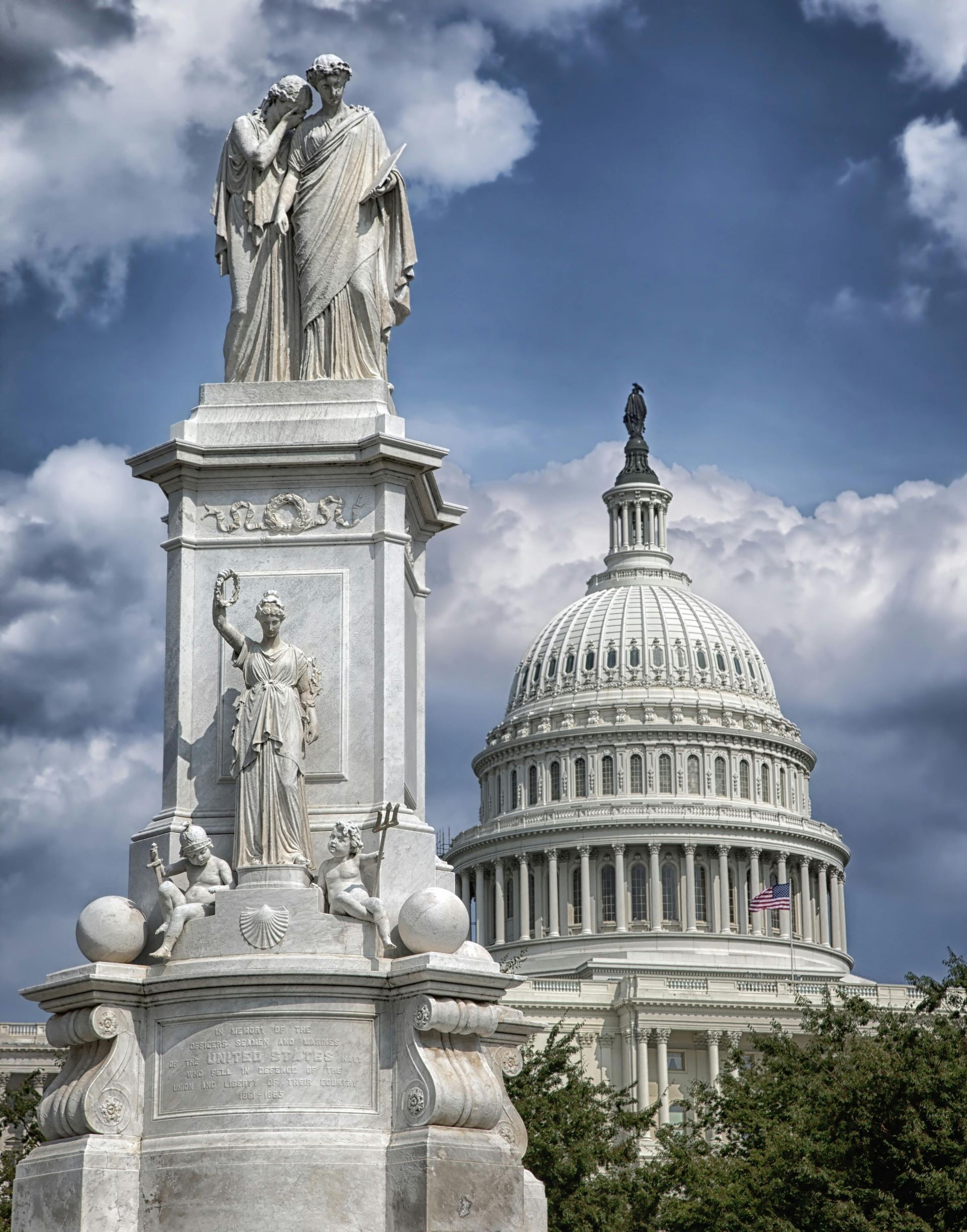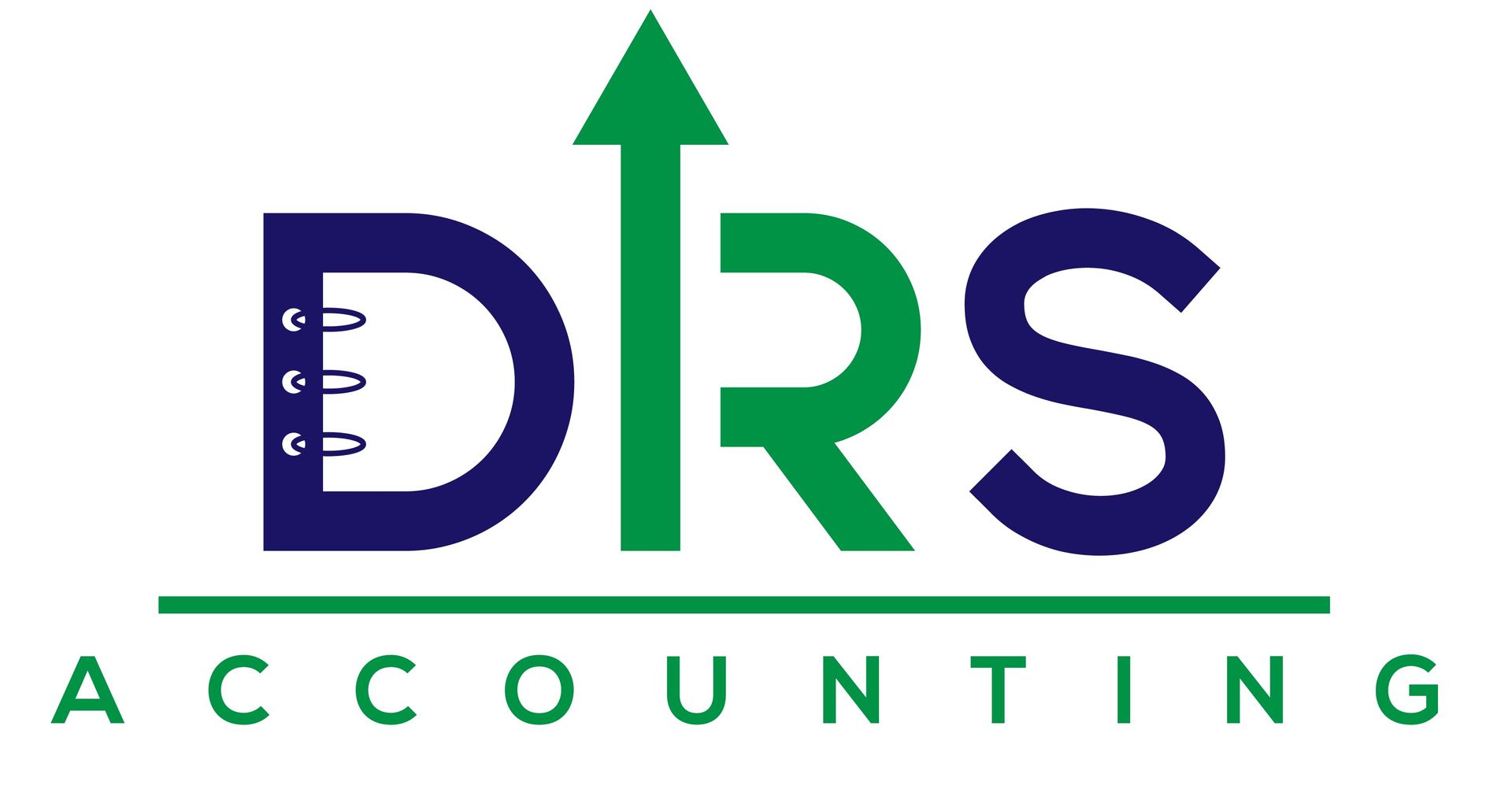My Business Has a Federal Loan - What Happens During This Government Shutdown?
If your business has a federal loan (like an SBA, USDA, or other government-backed loan), a government shutdown raises real questions: Will my loan payment still be due? Will a loan I applied for be approved? Can I get help from the agency? The short answers are: keep making payments, expect delays on approvals and some services, and talk to your lender or servicer right away so you’re not surprised.
New loan approvals are often paused
When funding lapses, agencies that issue or guarantee loans usually stop approving new loans and may pause steps like assigning loan numbers or closing funds. That means if you were waiting on an SBA 7(a) or 504 approval, a USDA loan, or similar federal-backed funding, the final approval and disbursement can be delayed until Congress restores funding. Lenders may continue to do paperwork, but the government agency can’t finish the approval until it’s funded.

Existing loans: payments generally remain due
Even during a shutdown, most borrowers still must make loan payments on time. Many government-backed loans are serviced by banks or private servicers, and those organizations continue to expect payments. Interest and penalties can continue to accrue if payments are missed, so don’t assume a shutdown gives you a free pass. If you’re worried about making a payment, contact your lender or servicer immediately to discuss options.
Some servicer functions keep running, but other services slow
For certain federal loan programs (for example, student loan servicers or SBA servicing centers), core servicing and payment systems may continue to operate, but other customer services, in-person help, or administrative actions can be delayed. That means you can often still make payments online, but applications, new approvals, or answers to complex questions may take longer. Check the loan program’s official site or your servicer portal for the latest operational notices.
Federal grants and contract-related funding can pause
If your business depends on federal grants, contract payments, or federally administered program funds, those can be put on hold or delayed during a lapse in appropriations. That can affect small businesses that rely on government contracts or grants for cash flow. Contact your contracting officer or grant administrator to learn how the shutdown affects your timeline and invoices.
What you should do right now
First, keep making scheduled loan payments unless your lender tells you otherwise. Second, contact your lender or loan servicer and ask how the shutdown affects your loan, whether payments can be made online, and what documentation they recommend you keep handy. Third, if you were in the middle of an application, keep providing requested documents so you’re ready to move once approvals resume. Finally, consider short term cash-flow plans (cut nonessential spending, check lines of credit) to bridge a delay if payments or grants are postponed.
If you have an SBA loan, note that lenders and servicing centers often continue parts of the process but can’t issue new SBA loan numbers or finalize closings until the SBA resumes normal operations. For USDA and many disaster-related loan programs, approvals and closings are often paused during a shutdown too. Keep checking official program pages and your lender’s messages for updates.
What about penalties, interest, and missed deadlines?
Interest and penalties on outstanding loan balances generally continue to accrue during a shutdown, so missing payments can create extra costs. If you think you’ll miss a payment, call your lender and explain your situation, many lenders offer temporary relief options, forbearance discussions, or alternative plans, but you usually have to ask. Don’t wait for the agency to tell you; be proactive.
Plan, Communicate, Document
The shutdown won’t necessarily stop your business, but it can create timing and cash-flow headaches. The best defense is simple: keep paying what’s due, contact your lender or servicing office, reorganize short-term cash flow, and keep your application materials current. If you rely on federal contracts or grants, talk to your program contact about how invoices and payments will be handled. If you’d like help mapping a short-term cash plan or getting your loan documents in order while the government is paused,
schedule a quick consultation and we’ll walk through the options with you.



